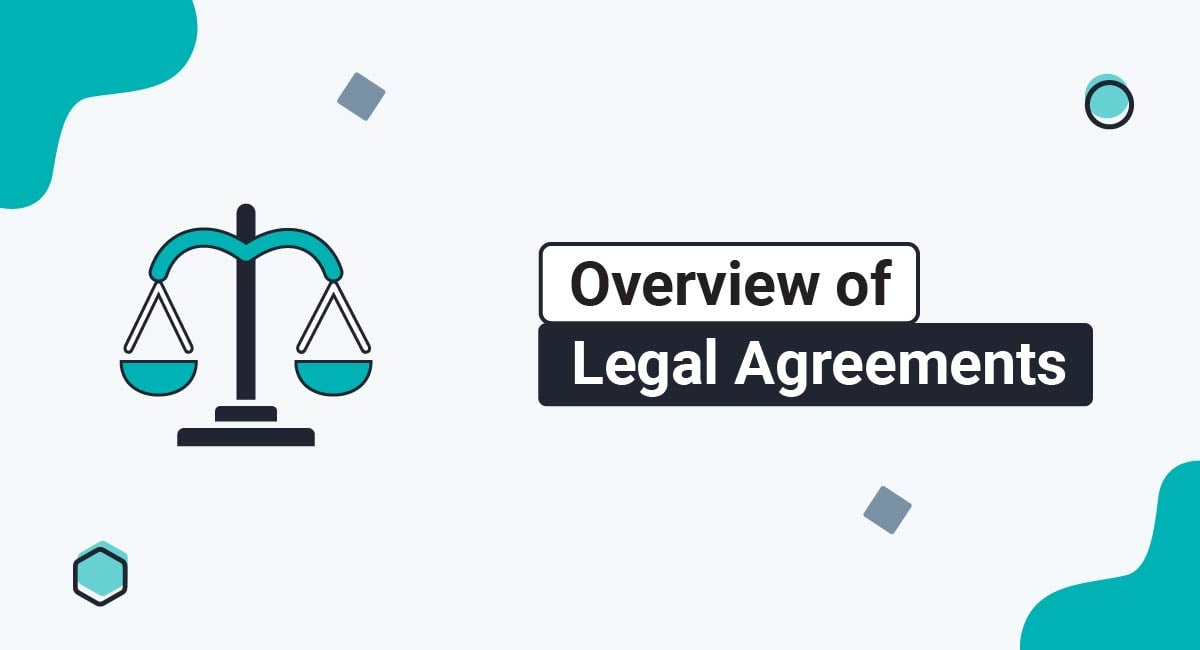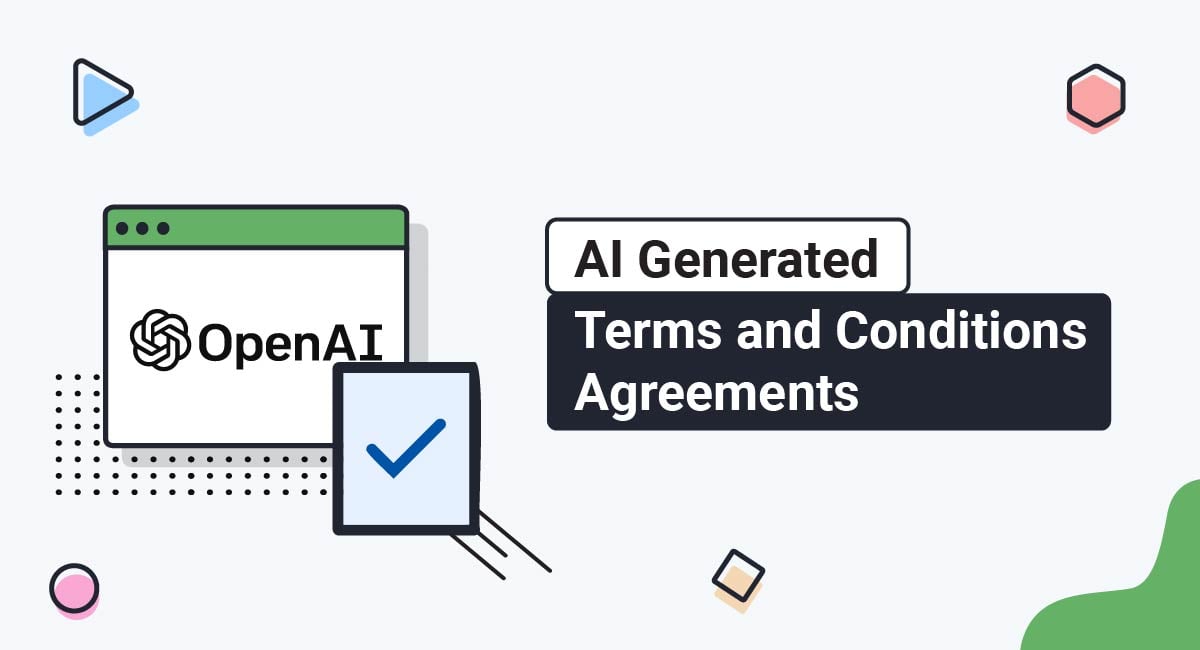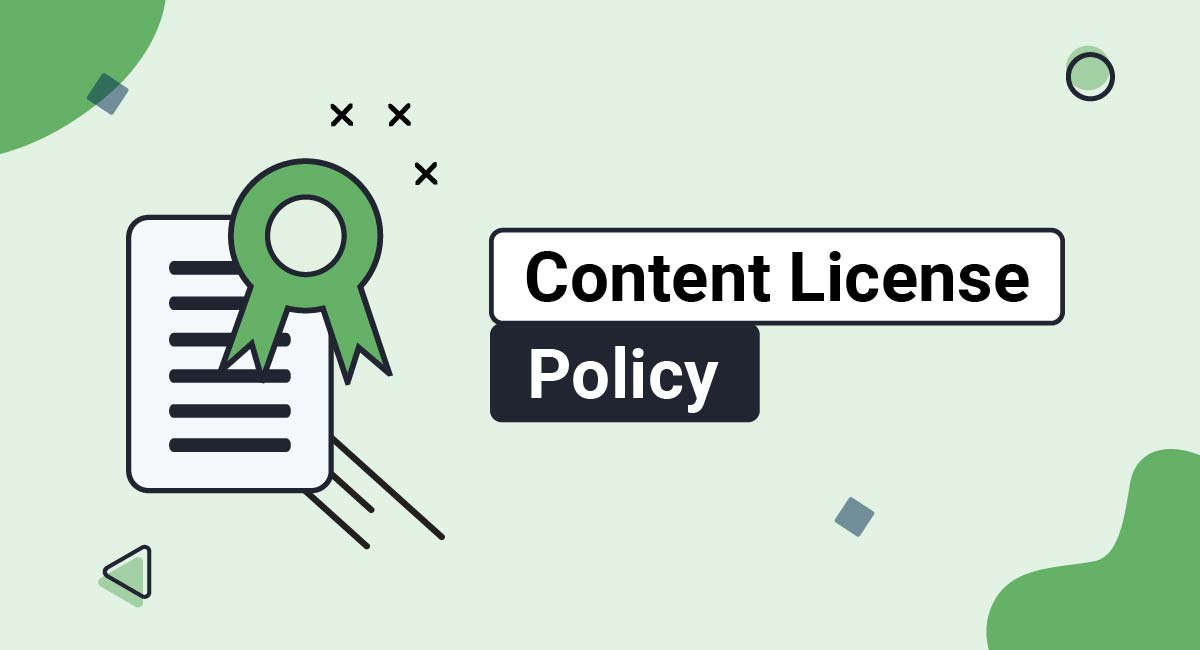While it's not required by any laws currently (though third-parties such as Facebook may require it), a Terms & Conditions agreement allows you to maintain your right to exclude certain users that may abuse your website or do not follow the rules you set.
Terms & Conditions can be useful for any sort of website to set the rules and guidelines that users must follow, regardless of the platform used:
- Your own hosted website
- WordPress
- Squarespace
- GoDaddy
- Wix
- And many more
In addition to having a Terms & Conditions agreement in place, it's important to get proper consent from users when they agree to your legal policies.














